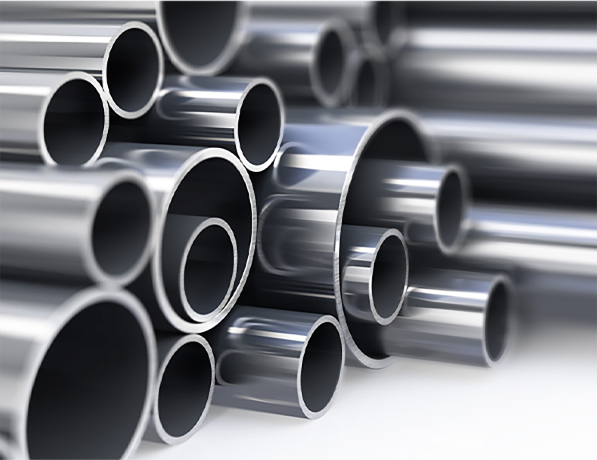
The Landscape of Automotive Parts Suppliers in China
China has established itself as a global leader in the automotive industry, not only as a massive market for vehicles but also as a critical hub for automotive parts manufacturing and supply. The country's automotive parts suppliers play an essential role in the global supply chain, providing a wide range of components that are vital for vehicle production. This article explores the current landscape of automotive parts suppliers in China, highlighting their significance, the challenges they face, and the future prospects of the industry.
Growth and Significance
Over the past two decades, China's automotive parts industry has experienced exponential growth. As the world's largest automotive market, China produced over 25 million vehicles in 2022 alone. This surge in production has created a corresponding need for high-quality automotive parts. Chinese suppliers are now responsible for manufacturing everything from engine components and transmission systems to electronic parts and safety features.
The significance of these suppliers extends beyond domestic needs. Many international automotive companies have opted to partner with Chinese suppliers to benefit from lower manufacturing costs and increased efficiency. Brands like Volkswagen, General Motors, and Toyota have long-standing relationships with Chinese parts manufacturers, leveraging their capabilities to streamline production and enhance competitiveness in the global market.
Diversity of Suppliers
The landscape of automotive parts suppliers in China is diverse, ranging from small and medium-sized enterprises (SMEs) to large state-owned enterprises and multinational corporations. This diversity allows for a wide variety of products and innovations, catering to different segments of the automotive market. Companies such as Bosch, Delphi, and Denso operate alongside numerous local firms that specialize in niche products, providing a comprehensive ecosystem for vehicle manufacturers.
Additionally, the rise of electric vehicles (EVs) has opened new avenues for automotive parts suppliers. As the demand for EVs continues to grow, suppliers are investing in research and development to produce batteries, electric drivetrains, and advanced infotainment systems tailored to this evolving market.

Challenges Faced
Despite their growth, automotive parts suppliers in China also face several challenges. One significant issue is the increasing pressure on sustainability and environmental compliance. The Chinese government has implemented stringent regulations aimed at reducing emissions and promoting eco-friendly manufacturing practices. Suppliers must adapt to these regulations, which often require substantial investment in new technologies and sustainable practices.
Another challenge is the ongoing trade tensions and geopolitical uncertainties. The automotive industry is heavily influenced by global supply chains, and changes in tariffs or trade regulations can disrupt operations. Suppliers must navigate these uncertainties while maintaining their competitiveness in the global market.
Future Prospects
Looking ahead, the future of automotive parts suppliers in China appears promising. The ongoing shift towards electrification and smart mobility is set to drive innovation within the industry. Suppliers adapting to technological advancements and consumer demands for greener solutions are likely to thrive.
Moreover, as China positions itself as a leader in the EV market, domestic suppliers have the potential to become critical players on the global stage. Collaborations between local firms and international companies may foster technological exchange and enhance product offerings.
Conclusion
In conclusion, automotive parts suppliers in China are integral to the global automotive industry, providing essential components that drive vehicle production. Their growth, diversity, and ability to adapt to changing market dynamics demonstrate their resilience and significance. As the industry continues to evolve, these suppliers will play a crucial role in shaping the future of mobility, particularly in the realms of electric vehicles and sustainable practices. The challenges they face are notable, but with innovation and strategic partnerships, they are well-positioned to navigate the landscape and contribute to the global automotive supply chain.